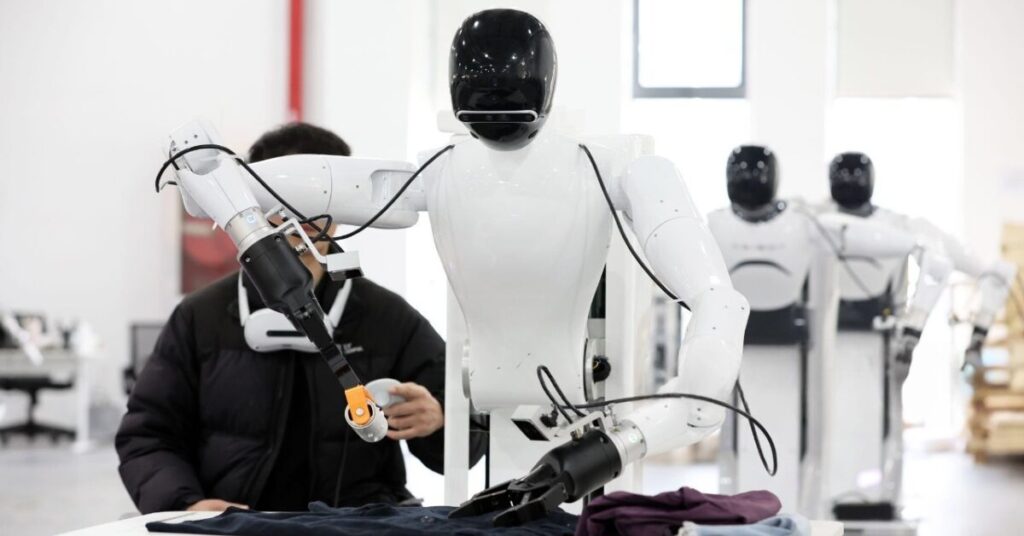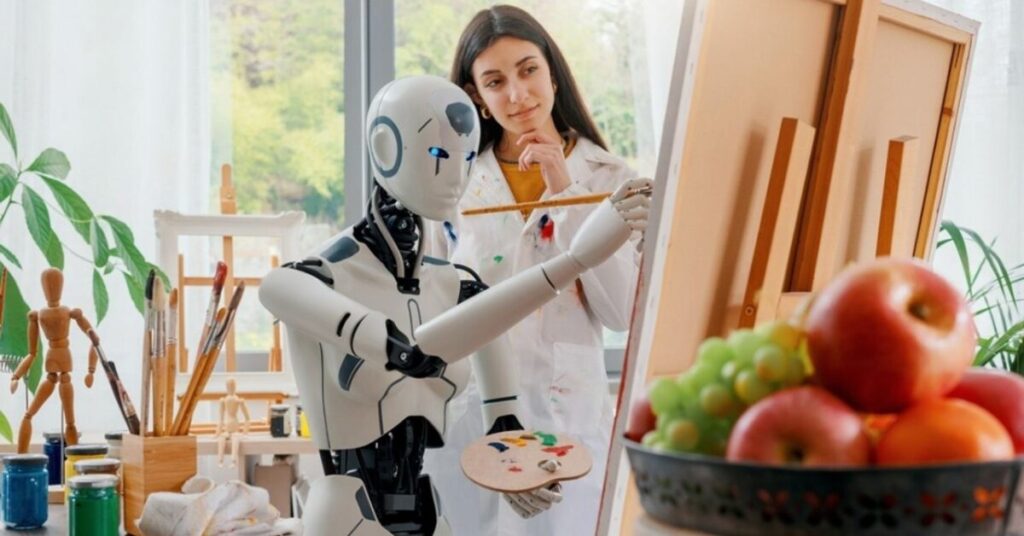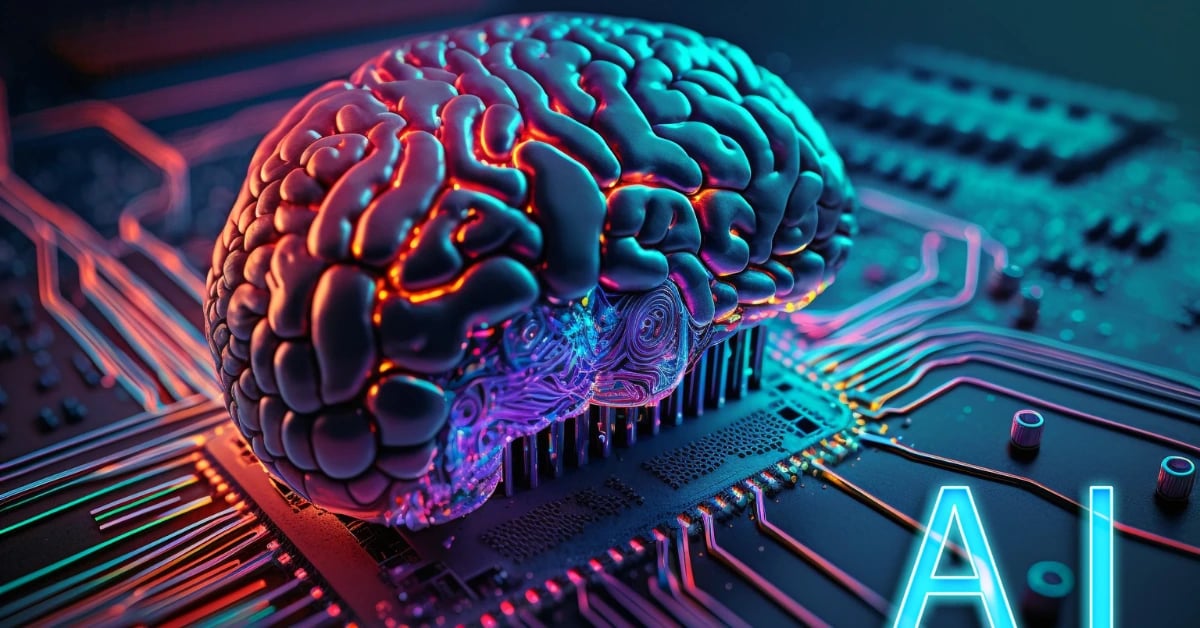Artificial intelligence (AI) is not just a buzzword any more; it is actively reshaping how work gets done, how ideas form and how information is found. For tech professionals, these changes matter deeply: the way you search for answers, boost productivity and spark creativity is evolving every day. This article explores how AI is transforming search, productivity and creativity and how tech professionals can adapt to the new landscape.
AI and the evolution of search

Search used to mean typing a phrase into a box and scrolling through lists of links. But thanks to AI, that model is changing. Modern AI-powered search systems use natural-language understanding, context awareness and multimodal data to deliver richer results.
For example, instead of just returning ten blue links, an AI-search tool might summarise key points, present charts, or pull insights from images and video. Research shows that AI search referrals became 1,300 % higher during the 2024 holiday season compared to the previous year, indicating how fast user habits are shifting.
For tech professionals, this means faster research, fewer dead ends and more time applying insights rather than hunting for them. It also means the role of search is evolving into a proactive assistant rather than a passive tool.
Read also: 7 AI Research Assistants you can use in 2024
AI and productivity: working smarter, not harder

AI is boosting productivity in many workplaces. According to a survey of 31,000 people across 31 countries, 75 % of knowledge workers use AI at work today. Users say AI helps them save time (90 %), focus on their most important work (85 %) and be more creative (84 %). In other research, the long-term productivity gain potential from AI in the workplace is valued at about US$4.4 trillion.
For tech professionals, this means tools that can write code fragments, analyse large data sets, automate routine tasks and produce drafts are no longer fringe; they are becoming central. For example:
- A developer might ask an AI to generate a boilerplate module and then customise it.
- A data analyst could ask AI to summarise results, visualise trends and draft an executive summary.
- A project manager might use AI to auto-generate meeting minutes, produce follow-up tasks and forecast risks.
The key point: Productivity is not about doing more hours, but doing better work in less time. AI helps shift the focus from busy-work to impact-work.
See more: How to use ChatGPT to boost your productivity
AI and creativity: from ideas to innovation

Creativity is no longer just the domain of artists and designers. AI is democratising creative processes across fields. According to industry research, 83 % of creative professionals say they use generative AI tools, and the global market for generative AI is expected to reach nearly US$137 billion by 2030. Generative AI tools enable tech professionals to prototype ideas, generate design drafts, create content, simulate scenarios and iterate rapidly. For instance:
- A UX designer might generate multiple interface sketches via an AI tool and pick one to refine.
- A marketer may use AI to draft campaign slogans, social-media posts and visuals in minutes.
- A product team could use AI to simulate user flows, produce data-driven storyboards and visualise outcomes faster.
At the same time, research shows that humans working with generative AI perform significantly better on creative tasks than humans working alone. For tech professionals, the message is clear: AI doesn’t replace creativity, it augments it. The race is not to out-build AI, but to out-use AI intelligently.
See more: How digital platforms are redefining ownership and creativity in Africa
What this means for tech professionals
The convergence of AI-powered search, productivity and creativity tools is reshaping the professional landscape. For tech professionals, several implications stand out:
- Role evolution: Developers, analysts, designers and managers all need AI-augmented skills. Coding may shift toward prompt engineering, supervision and integration rather than manual lines of code.
- New skills: Understanding how to craft prompts, evaluate AI-output, maintain ethical guardrails and integrate AI safely into workflows becomes as important as traditional technical skills.
- Strategic advantage: Those who adopt AI tools and adapt workflows stand to gain an edge. Others risk falling behind.
- Mindset shift: Instead of viewing AI as a threat, tech professionals should see it as a partner. The future of work will be about human-machine collaboration.
Challenges and ethical questions
Even as AI transforms search, productivity and creativity, important challenges remain:
- Bias and reliability: AI systems can reproduce biases in their training data or produce incorrect outputs. Ensuring quality and fairness is vital.
- Over-reliance: There is a risk of tech professionals leaning on AI so much that critical thinking fades guardrails and oversight are needed.
- Ownership and creativity: As AI plays a greater role in creative work, questions about authorship, originality and intellectual property become more pressing. For example, the World Economic Forum noted that AI will “create entirely new fields” but also warned of human-centred risks.
- Data privacy and security: With AI embedded in workflows, ensuring safe data handling, permissions, and controls is essential.
AI is doing much more than automating simple tasks. It is reshaping how we search for information, how we work and how we create. For tech professionals, this transformation opens both immense opportunities and a clear imperative. By mastering AI-enhanced search, boosting productivity through smart tools and leveraging AI to spark creativity, professionals can propel their careers and organisations forward. The future of work is not just human vs machine, it’s human + machine, evolving together.
Get passive updates on African tech & startups
View and choose the stories to interact with on our WhatsApp Channel
ExploreLast updated: October 26, 2025





